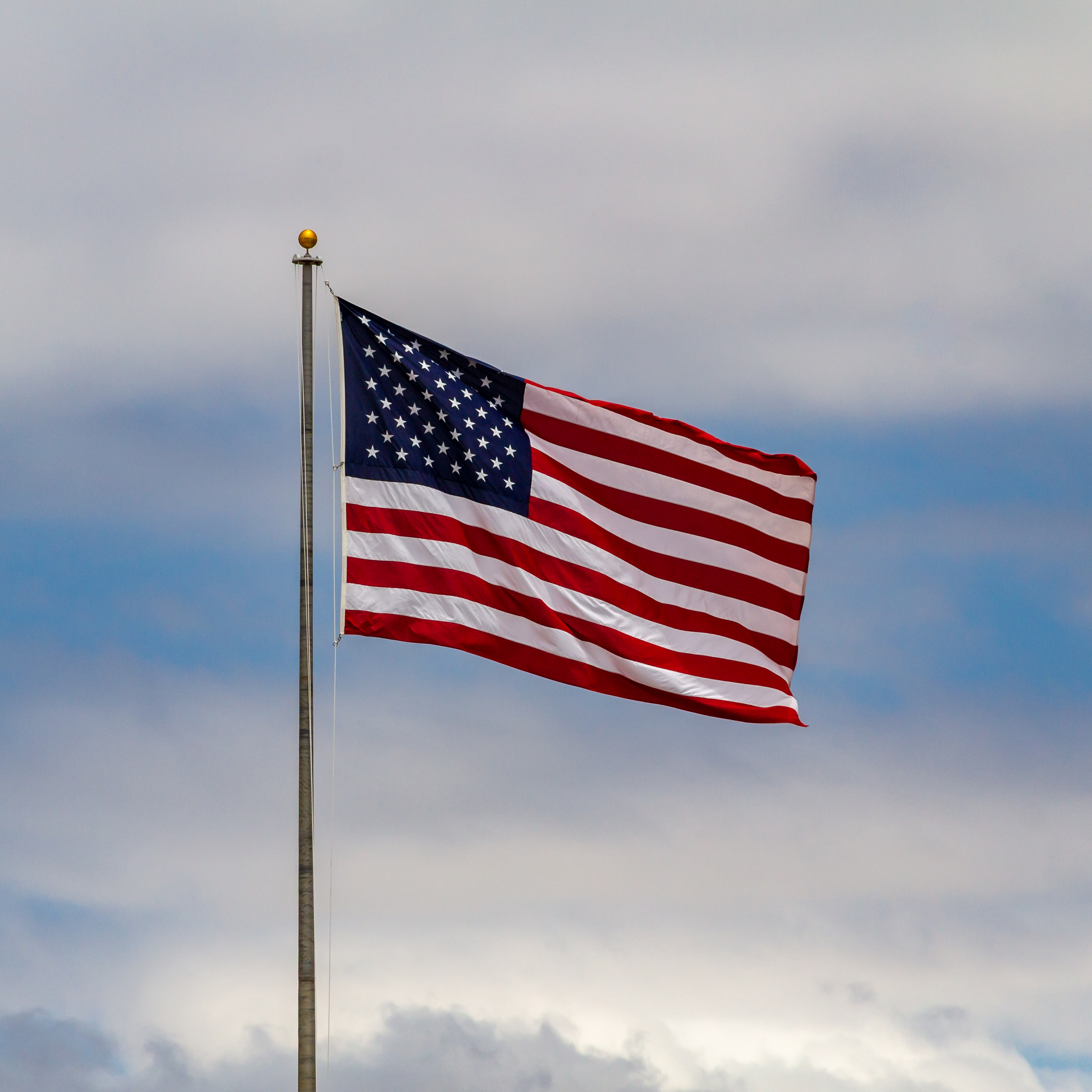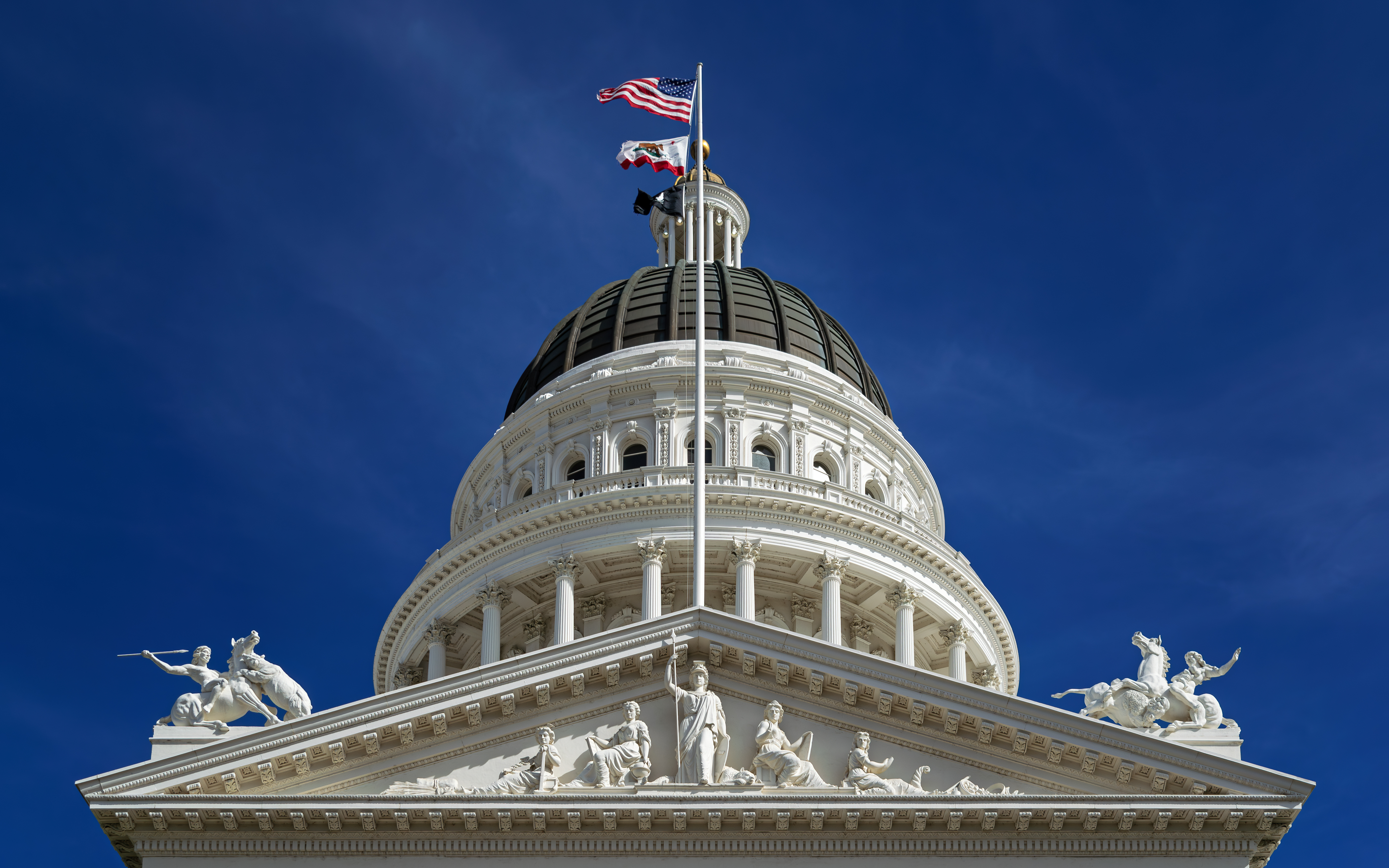The America First economic agenda just scored another decisive victory in Ohio’s industrial heartland, where Whirlpool Corporation announced a massive $300 million manufacturing investment that CEO Marc Bitzer directly credits to Trump’s strategic tariff policies. In a refreshing display of corporate honesty, Bitzer explicitly stated that this game-changing investment would have been “scaled down, made later, or hesitated” without the protective trade framework that finally gives American manufacturers a fighting chance against subsidized foreign competition.
“We want a level playing field, not subsidies,” Bitzer explained, perfectly capturing the constitutional principle behind America’s trade authority. This isn’t about government picking winners and losers—it’s about using Article I, Section 8 powers to ensure American workers aren’t forced to compete against the Chinese Communist Party’s state-directed economic warfare.
The Ohio investment represents far more than corporate expansion; it’s vindication of the core America First insight that trade policy must serve national interests rather than abstract globalist ideology. For decades, multinational corporations shipped American jobs overseas while economists promised that “comparative advantage” would somehow benefit displaced factory workers in Detroit, Akron, and Youngstown. Those promises proved as hollow as the shuttered plants they left behind.
Whirlpool’s decision exposes the fundamental dishonesty of establishment claims that tariffs “hurt American consumers.” When applied strategically against nations that never played by free-market rules, protective trade policies create conditions for domestic investment that wouldn’t otherwise occur. The result? Real jobs for real Americans, producing real products on American soil.
This development continues the remarkable renaissance of America’s manufacturing core, reversing decades of deindustrialization that globalist policies accelerated. Ohio’s industrial communities understand something that Washington’s think-tank theorists never grasped: economic sovereignty isn’t protectionism—it’s common sense. When foreign governments subsidize their exports while manipulating currency and exploiting slave labor, “free trade” becomes a one-way ticket to economic colonization.
The constitutional framers understood this principle when they granted Congress explicit authority to regulate foreign commerce. Alexander Hamilton’s Report on Manufactures advocated protective tariffs precisely because emerging American industry needed breathing room to develop against established European powers. Today’s China represents an exponentially greater threat than 18th-century Britain ever posed to American economic independence.
Bitzer’s emphasis on seeking “level playing fields” rather than subsidies reflects the mature capitalism that built American prosperity. Unlike the crony arrangements that characterize both Chinese state capitalism and Washington’s corporate welfare system, strategic tariffs simply neutralize foreign government manipulation of global markets. They allow American ingenuity, productivity, and work ethic to compete on merit rather than against Beijing’s economic warfare machine.
The ripple effects extend far beyond Whirlpool’s Ohio facilities. When major manufacturers witness successful domestic investment driven by sensible trade policy, it creates momentum for similar decisions across industrial America. Capital follows opportunity, and tariffs that protect domestic production create opportunities that pure “market forces”—distorted by foreign government intervention—never could.
This success story also demonstrates why the globalist establishment fought so desperately against America First trade policies. Their entire worldview depends on convincing Americans that economic nationalism inevitably leads to economic disaster. Whirlpool’s $300 million vote of confidence in American manufacturing exposes that narrative as the self-serving propaganda it always was.
Patriots should monitor whether this model spreads throughout American manufacturing as more CEOs recognize the investment opportunities that strategic trade protection creates. The Ohio announcement provides a template for rebuilding industrial dominance while proving that economic nationalism delivers measurable results for working families who were abandoned by decades of globalist experimentation.
America’s manufacturing renaissance isn’t just about economics—it’s about national character. When we build things again, we remember who we are: the nation that outproduced the world to win World War II, that turned the frontier into farmland, that transformed invention into industry. Whirlpool’s investment represents one more step toward reclaiming that heritage.





